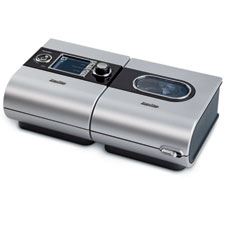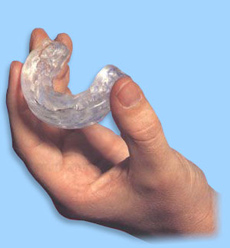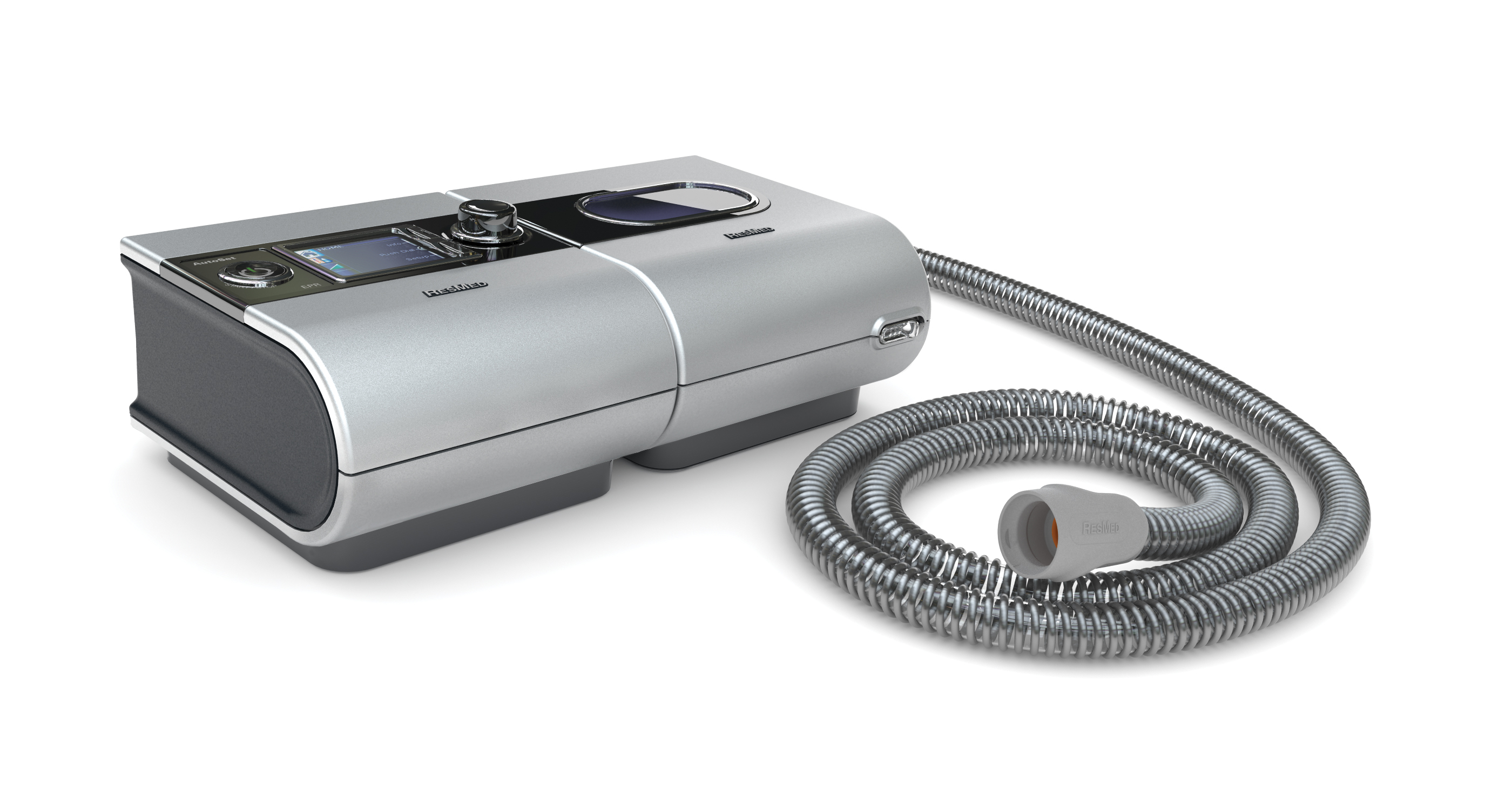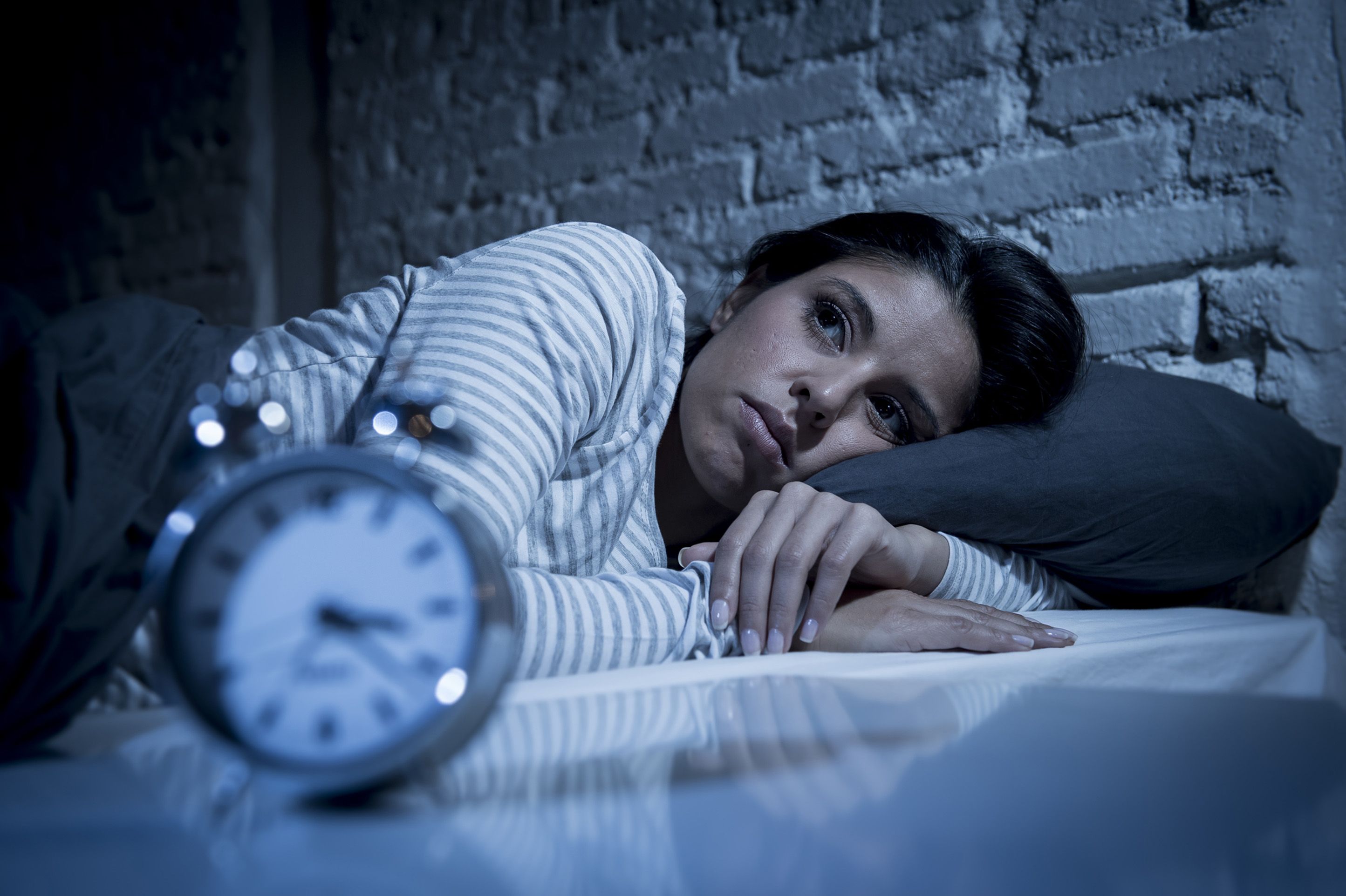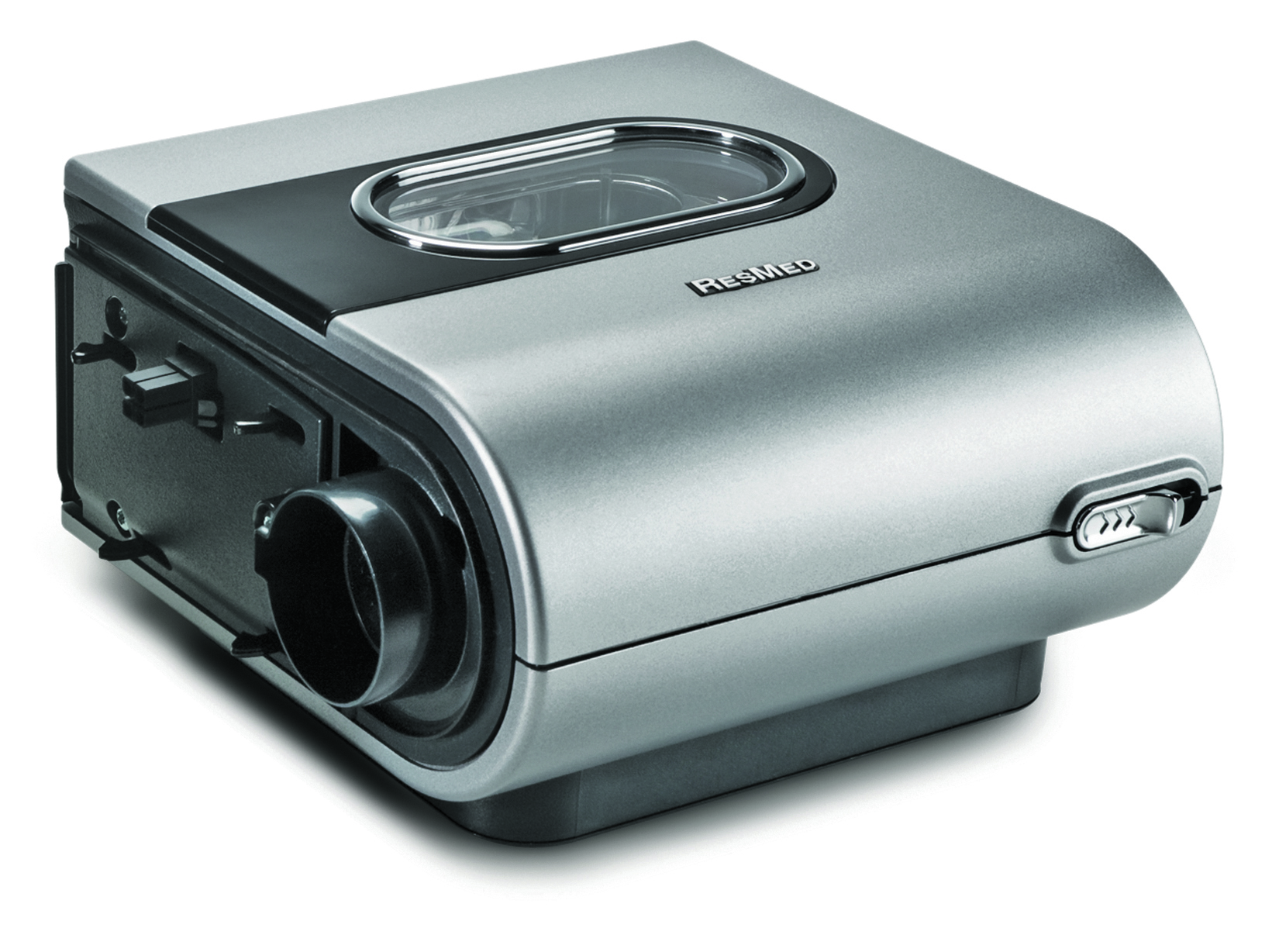Central Sleep Apnea Symptoms.
Learn the Signs and How it differs from Obstructive Sleep Apnea.
Central Sleep Apnea Symptoms differ from the symptoms of Obstructive Sleep Apnea.
The symptoms of Sleep Apnea vary depending on the types of SleepApnea. E.g the symptoms for Obstructive Sleep Apnea (OSA) vary to that of CentralSleep Apnea. In case you‘ve never heard of OSA, it’s a typeof Sleep Apnea that involves obstruction of the upper airway, hereby causingyou to snore loudly almost immediately after sleeping and it is common amongolder adults.
What’s the differencebetween Central Sleep Apnea and Obstructive Sleep Apnea?
In theory Central Sleep Apnea and OSA vary, but you can differentiate them effectivelyby their symptoms.With CSA your nervoussystem does not send signals to your body to continue breathing during sleep,whilst with OSA you nasal cavity or airway is blocked for different reasons.
Central Sleep Apnea Symptomsinclude but are not limited to:
- Excessivedaytime sleepiness
- Snoring( can be associated with CSA and also obstructive SleepApnea),
- Difficultystaying asleep
- Shortnessof breath when sitting up,
- Chronicfatigue.
Other signs ofObstructiveSleep Apneainclude:
- Loudsnoring
- Observed episodes ofbreathing cessation during sleep
- Abrupt awakeningsaccompanied by shortness of breath
- Awakening with a drymouth or sore throat
- Morning headache
- Frequent urination atnight
If these symptoms do not subside, my advice would be thatyou go for a diagnostic test, especially if you are experiencing any of thefollowing symptoms.
- Waking up with shortness of breath,
- Difficulty staying asleep,
- Excessive daytime sleepiness,
- Continuous pauses in your breath while you are sleep.
A Sleep Test should confirm Central SleepApnea or otherwise.
Testing for Central SleepApnea
- You could ask your doctoror sleep disorder specialist to provide you with a home device to help testyourself at home if you do not wish to stay in the clinic. He/she canprovide you with a portable device that helps you measure the amount ofairflow and breathing patterns.
- Night time Monitoring:- This test, involves equipments thatmonitors your heart, lungs and brain activity, breathing patterns, arm andleg movements, and blood oxygen levels while you sleep. This test can helpyour doctor or therapist to narrow down yoursleepdisorder, toInsomniaornarcolepsyor any other sleep disorder if it is not CSA.
- There is also theArterialblood Gas Testing.This test helps to monitor both oxygen and carbondioxide in your blood to help check correct diagnosis and evaluate theseverity of your condition.
It usually involves drawing blood from anartery. This test is common for infants and an apnea alarm is usually usedto detect CentralSleep Apnea in Infants.
Now that you have learnt about CSA Symptoms, lets move on to the issue of treatments and medications.
NEXT:Central Sleep Apnea Treatmentand Drugs.
.
Return From Central Sleep Apnea Symptoms to Central Sleep Apnea Home.
Returm From Central Sleep Apnea Symptoms to Trouble Sleeping Home.


